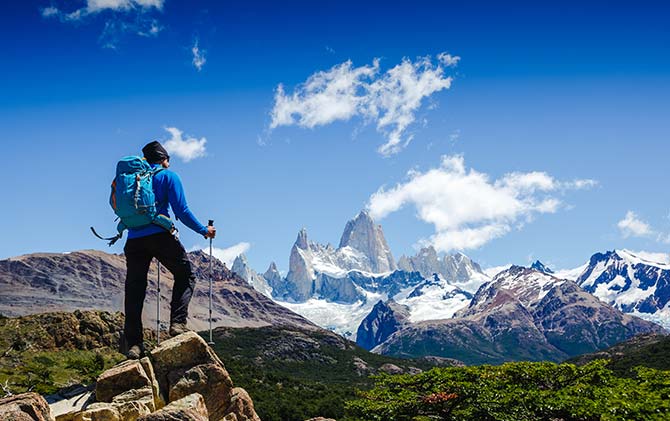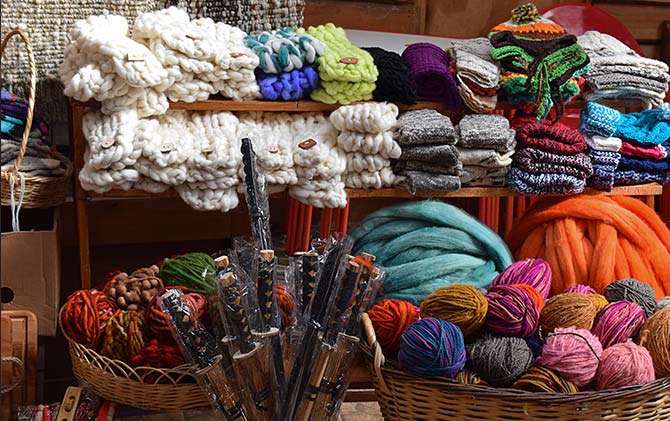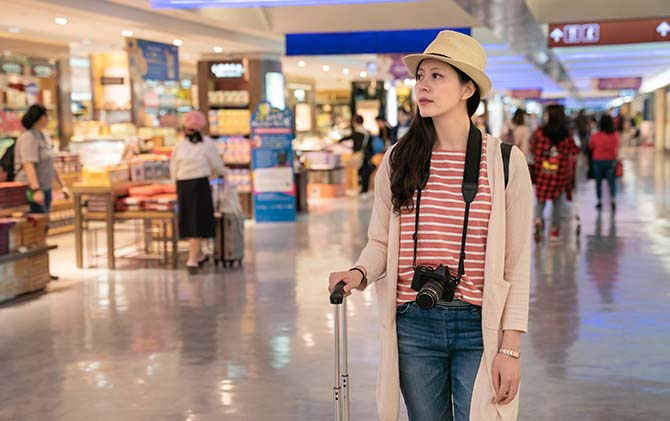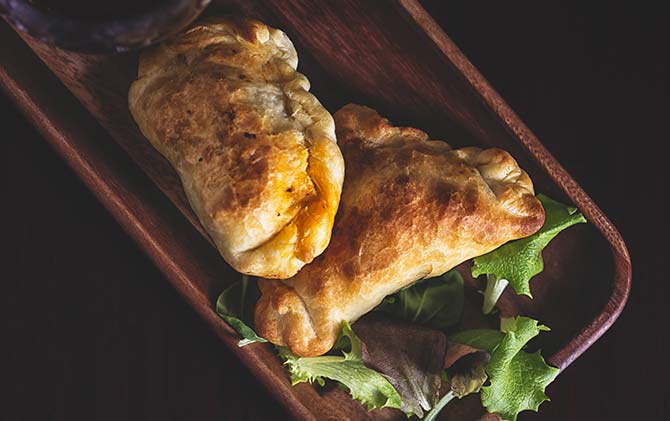Book NOW for $1 £1 €1 • Flexible Payments • No Change Fees • Private Departures Available
- Home >>
- Cost of travelling in Patagonia
Cost of travel in Patagonia
Generally speaking Patagonia is quite an expensive holiday destination, but has options to suit all budgets. Due to the remote location accommodation, restaurants and transport options are limited and the summer season drives prices up further. However, once you are in Patagonia, the hiking trails and natural beauty that attracts so many travellers is free of charge! Chile has the strongest economy in South America, so don’t expect prices as low as their neighbours in Bolivia and Peru.
One of the best parts about travelling on a Tucan Travel group tour to Patagonia is that all the accommodation and transport is pre booked and part of the cost, so all you need to worry about is wearing in your hiking boots. The entrance fees to the national parks is also covered. Travel within Patagonia is one of the biggest challenges for most people, with fixed bus timetables and expensive car rentals making it difficult to get from A to B. The Tucan Travel overland truck is made for rugged terrain and the long distances that Patagonia so lovingly throws at us. With the best suspension, comfortable seats and panoramic windows, the journeys we take in the truck are all part of the adventure.

Money
There are two main currencies in use in Patagonia; the Chilean Peso and the Argentinean Peso. Credit cards are widely accepted in the larger cities however small towns such as El Chalten and El Calafate will require you to have cash in many establishments.
Chilean pesos consist of 5, 10, 50, 100 and 500 coins, and notes of 1000, 2000, 5000, 10,000 and 20,000. Argentinian pesos have coins of 1, 5, 10, 25 and 50, while their notes are valued at 2, 5, 10, 20, 50, 100, 200, 500 and 1000 pesos. US dollars are accepted in some tourist-orientated areas however you should always carry pesos in case.
Most credit and debit cards are widely accepted throughout the towns and cities in Patagonia. American Express is only accepted in some establishments in the larger cities, and so you should always travel with a visa and mastercard.
Top Tip:
Try to ensure you have enough cash to cover your stay in the smaller towns of Patagonia. Places like El Calafate and El Chalten have limited ATMs and often run out of money during the high season. Haggling in Patagonia is not the norm and will be considered disrespectful.
Tipping Etiquette
Tipping is not uncommon in both Argentina and Chile, especially in restaurants and hotels. In Patagonian cities and towns, you should tip around 10% in restaurants. There are various guides who work in the national parks guiding trekking and hiking tours, and you should aim to tip around $10 to $20 per excursion. In hotels, porters should be tipped 1 or 2 pesos per bag.


Bargaining Etiquette
While haggling is common throughout many places in South America, Argentina and Chile do not tend to be one of them. Bargaining in most places throughout these countries will not get you anywhere and may be seen as disrespectful depending on the type of shop or market. If you feel the item is expensive it is always worth asking if discount is available. If the seller gives a firm no, it’s a no!
Duty Free Allowance
The below items may be taken into Argentina without incurring duty free tax:
- 2 L of alcohol
- 400 cigarettes
- 50 cigars from duty free
The below items may be taken into Chile without incurring duty free tax:
- 400 cigarettes
- 2.5L of alcohol
- 50 cigars from duty free
- New goods to the value of $300
- items bought from duty free to the value of $500.


Food & Drink
Bearing in mind Patagonia covers both Argentina and Chile, prices will vary between different towns. You will need Argentinian pesos and Chilean pesos, however some places will also accept US dollars. Restaurants in Patagonia can be expensive, since a large amount of the food has to be shipped from out of the area. You will find supermarkets in the larger cities of Punta Arenas, Ushuaia, Bariloche and El Calafate. It is a good idea to stock up on snacks or other food supplies here, as outside these urban areas shops have inflated prices and are often poorly stocked.
In the towns and cities, a budget meal can set you back around $11, a midrange meal around $16 and high-end can be anything over $20. Prices may be inflated depending on the season you travel. Maté, a type of herbal tea is drank religiously and low in cost. Local wines are also usually the top choice for an evening drink and craft beer is becoming more and more popular.
On a Tucan Travel group tour all your meals are included while staying in Torres del Paine National Park, meaning you only have to worry about your snack supply! In Punta Arenas and El Calafate, you will find both budget and high-end restaurants with various options for dietary requirements. El Chalten is smaller but still has a host of options for travellers.
Top Tip:
Remember that you will be crossing borders between Chile and Argentina on most holidays to Patagonia. You will not be able to bring fresh fruit or animal products across the border so bear this in mind when shopping.
Admission Fees
All national parks in Patagonia charge admission fees to go towards the preservation of these beautiful areas. Entrance fees for both Torres del Paine and Los Glaciares are included in the tour cost with Tucan Travel group tours.


Guides & Excursions
Patagonia has an abundance of incredible hikes and treks to some of the most picturesque corners of the region. Unless you are an experienced trekker, you may want to join a guided hike with a local professional. While tips are optional and should be provided based on service, they are recommended if you have enjoyed the excursion. Other excursions such as horse riding and ice trekking are also added costs.
Transport
Once you have arrived in a town or city in Patagonia, getting around is relatively easy and walking is usually the best option. In towns and cities taxis are available. Try and use a company recommended by your hotel and ensure they have a working meter.
Other costs you may incur on your travels in Patagonia include souvenirs and incidental items such as medicine or phone SIM cards.



